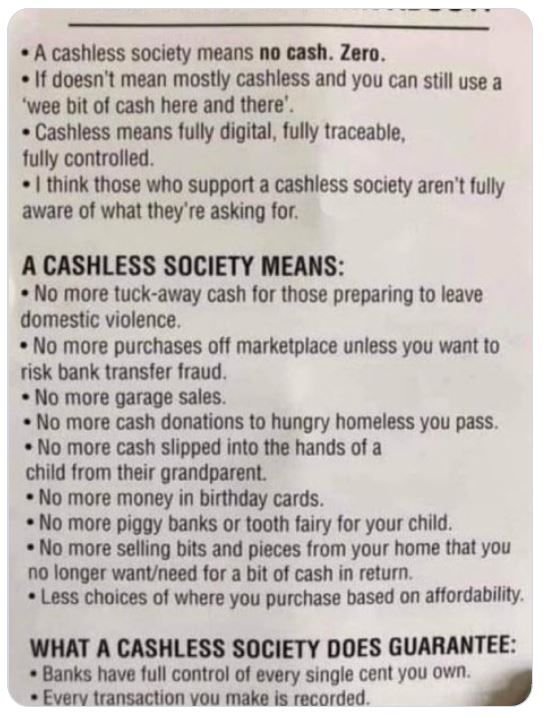this post was submitted on 06 Jun 2024
496 points (84.3% liked)
Privacy
833 readers
7 users here now
Privacy is the ability for an individual or group to seclude themselves or information about themselves, and thereby express themselves selectively.
Rules
- Don't do unto others what you don't want done unto you.
- No Porn, Gore, or NSFW content. Instant Ban.
- No Spamming, Trolling or Unsolicited Ads. Instant Ban.
- Stay on topic in a community. Please reach out to an admin to create a new community.
founded 2 years ago
MODERATORS
you are viewing a single comment's thread
view the rest of the comments
view the rest of the comments

If your cell phone is turned on, the phone company knows where you are. This fact is why your GPS doesn't take 5 minutes to show your location every time you turn on your phone. The OS gets the cell towers to identify where you are and combines that with GPS to get a quicker lock and more accurate location.
The most secure Android OS cannot turn that off. If you transmit or receive data to a cell phone network, your location is known.
Sure, there's no way around that, even dumb phones are triangulated by default and that data is sold.
But doing just that is better than being triangulated AND leaking your GPS data to every Tom Dick and Harry that asks your phone.
EDIT: Sorry, I am idiot. What I described IS triangulation.
~~Reeeeeee! Phones. Are. Not. Triangulated.~~
Most cell towers use phased antenna array, so they know relative direction all the time. And distance can be estimated from latency and signal strength.
Two cell towers allow to get precise location from angles. Angles are derived from phase differences on elements of array and can't be manipulated like latency or signal strength.
But using two cell towers and angles would literally be triangulation....
2=3?
What do you think the cell towers are triangulating and forming angles with? The person's phone is the third point in the triangle. You only need two other points to triangulate something's position.
I checked it. Damn. You are right. Point with unknown coordinates counts. Now I have to edit my comment and answer other subcomments of people I confused.
Interesting, I stand corrected. Thanks for informing me.
Sorry, I am idiot. What I described IS triangulation. Alternative with distances is trilateration.
No that's not very accurate. Cell phone tower triangulation only gives a rough approximation of location, and GPS is definitely able to be disabled by the software. I know a bit about these things as someone who has compiled their own android ROM from open source. I've been working on this stuff for more than a decade now.
Regardless of all of the above, anyone can turn off their cell phone or choose to not carry it to eliminate the ability for that cell phone to provide location data on them. This alone negates all the stupid "gotcha" comments about trying to preserve one's privacy while owning a smartphone. So we are back to my first comment on this topic, with the point of STOP IT.
That's why I said they send that to allow the phone's GPS to get a lock quicker and more accurate. All cell phone towers have GPS. Agps means the tower sends its GPS constellation to the phone so it doesn't take 5 minutes to lock.
https://en.m.wikipedia.org/wiki/Assisted_GNSS
So yes, even with GPS disabled, the phone company has a rough idea where you are.
If you are in the city on high band 5g, that location is known within 15 to 600 meters.
https://nybsys.com/5g-bands/
Yes, Android (and iOS) can turn that off: torn off mobile network or don't have a mobile phone provider (SIM).
"if you send or receive data"
You could use WiFi only
The GPS thing is different. The phone downloads the satellite positions from the net instead of having to receive the same data, very slowly, from the satellites themselves.